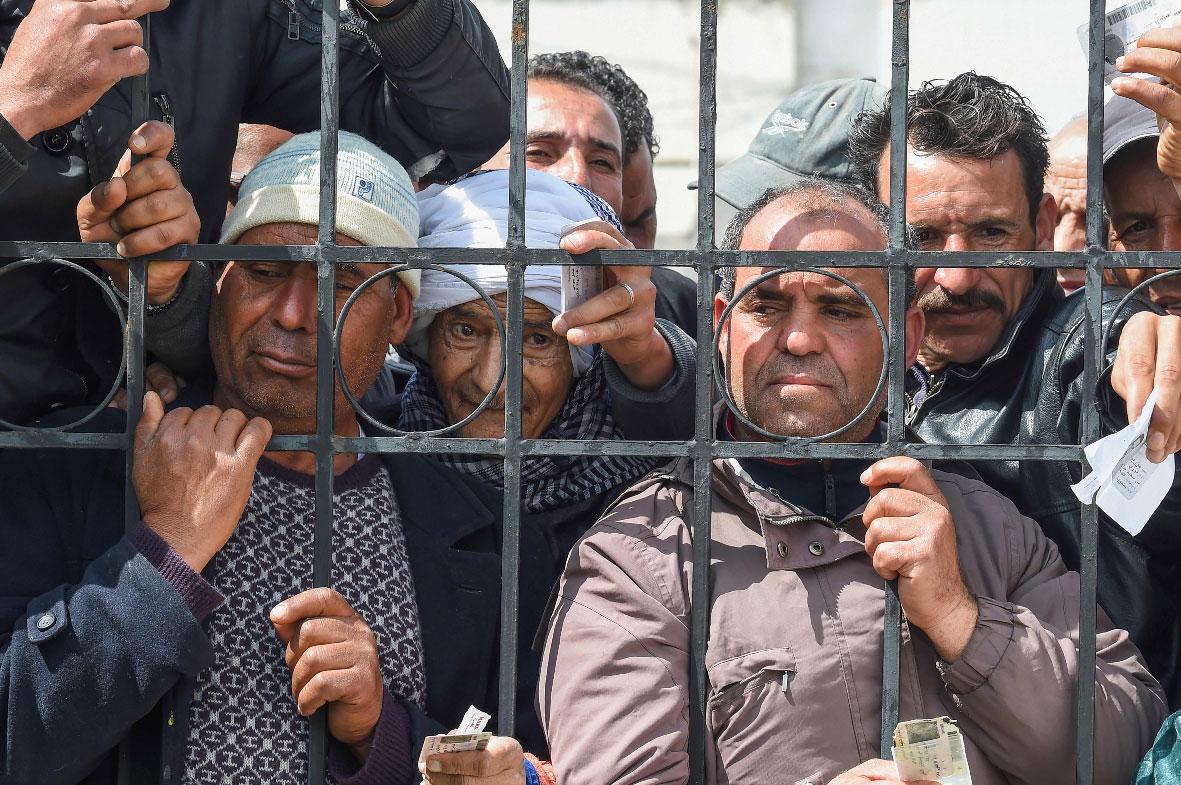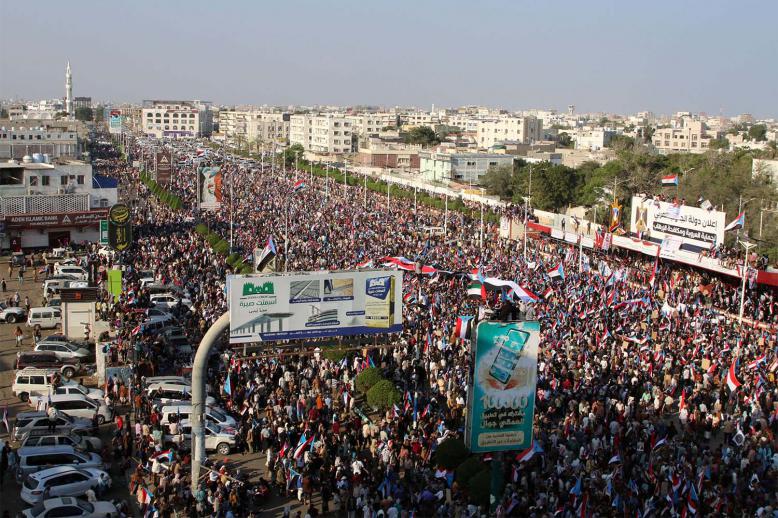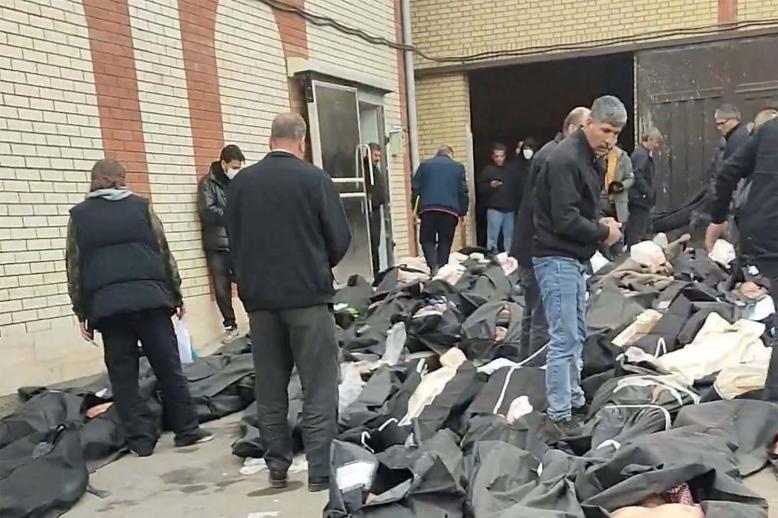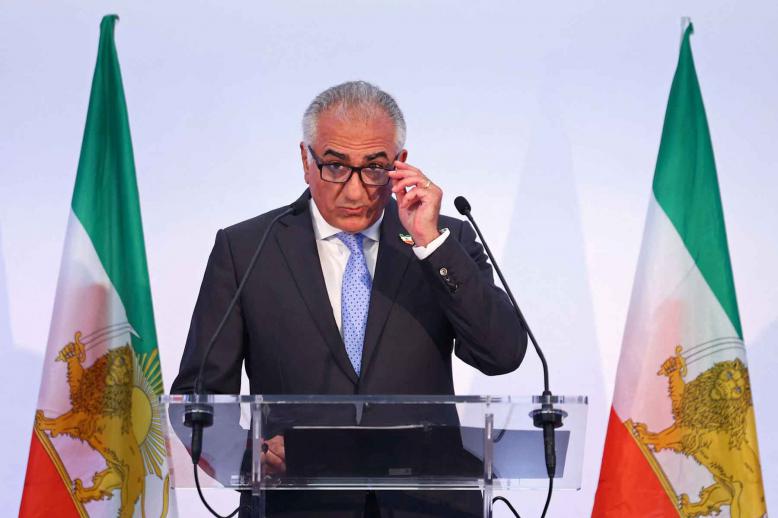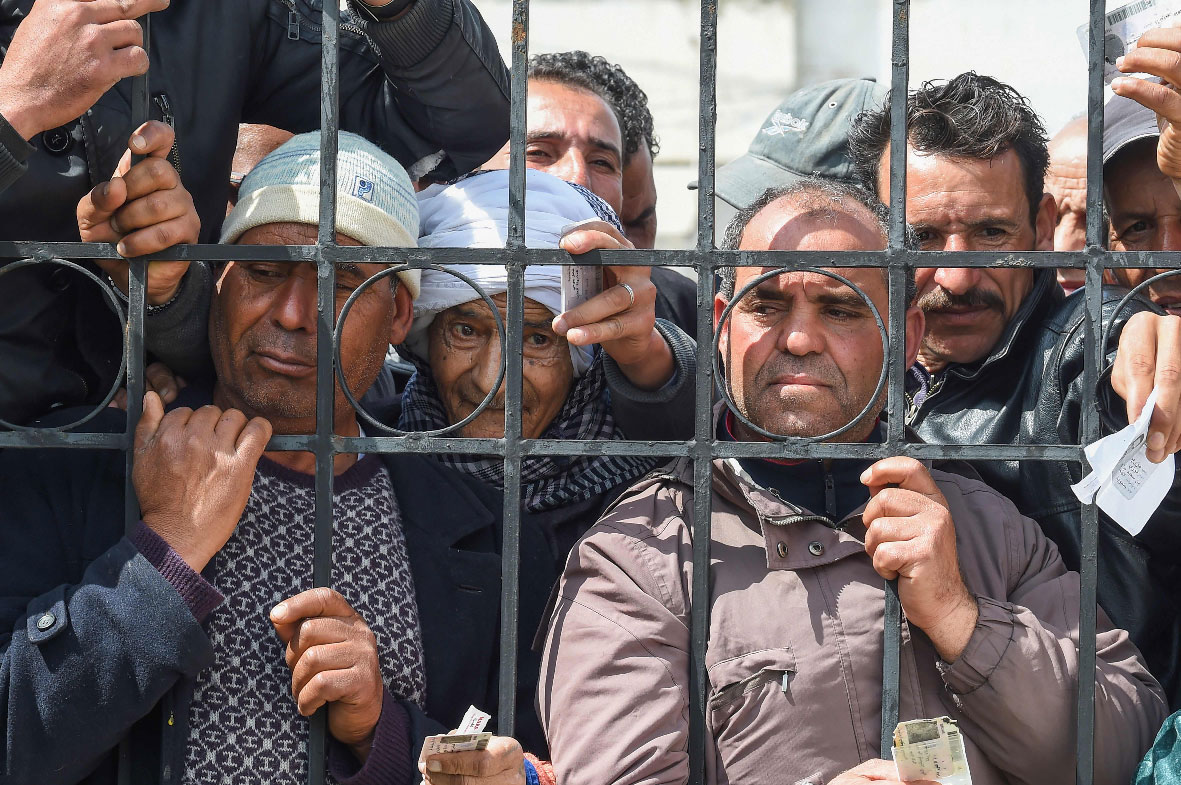UN warns pandemic could plunge millions into poverty in Arab states
LONDON - The coronavirus pandemic will plunge 8.3 million people in the Arab region into poverty, the United Nation's Economic and Social Commission for Western Asia said on Wednesday.
ESCWA also warned that two million people could become undernourished as a result.
"With today's estimates, a total of 101.4 million people in the region would be classified as poor, and 52 million as undernourished," the UN agency said.
Women and young adults working in the informal sector and who have no access to social welfare are among the most vulnerable, said ESCWA executive secretary Rola Dashti.
"Arab Governments must ensure a swift emergency response to protect their people from falling into poverty and food insecurity owing to the impact of COVID-19," Dashti said.
Commenting on the new ESCWA policy brief released on Wednesday, Dashti highlighted the lack of social protection floors and non-inclusive social protection schemes in Arab states, as people around the world turn to their governments to ensure the preservation of their livelihoods.
“The consequences of this crisis will be particularly severe on vulnerable groups, especially women and young adults, and those working in the informal sector who have no access to social protection and unemployment insurance,” Dashti said.
Food shortages
The ESCWA brief also highlighted the pandemic's disruption of global supply chains, pointing out that a disruption of food imports could have a huge impact on Arab states who rely largely on imports to achieve food security.
It said the region would significantly improve food availability and reduce the reliance on food imports by taking measures to limit the amount of food waste, which accounts for some $60 billion in annual losses. The statement from ESCWA came as the heads of three global agencies warned Wednesday of a potential worldwide food shortage if authorities fail to manage the ongoing coronavirus crisis properly.
"Uncertainty about food availability can spark a wave of export restrictions, creating a shortage on the global market," said the joint text signed by Qu Dongyu, head of the UN's Food and Agriculture Organization (FAO), Tedros Adhanom Ghebreyesus, director-general of the World Health Organization (WHO) and Roberto Azevedo, director of the World Trade Organization (WTO).
After the 2007 global financial crisis, rice producing countries India and Vietnam restricted exports to ward off expected price increases. The measures resulted in food riots in several developing countries as the price of rice soared. As the current pandemic continues, states such as Russia have mulled restricting wheat exports and have already tapped the nation's reserves to ensure prices don't jump.
The FAO, WHO and WTO leaders stressed the need to protect employees engaged in food production, processing and distribution, both for their own health and that of others, as well as to maintain food supply chains. They said unless solutions are found quickly the lack of seasonal farm labourers from Mexico puts the production of many crops in the United States at risk. In Western Europe the absence of workers from North Africa and Eastern Europe could produce a similar result.
Social solidarity
Millions of people in the Middle East region, especially day laborers and informal workers, have found themselves with no way to maintain a steady income while attempting to adhere to social distancing and isolation policies implemented to slow the spread of the pandemic.
ESCWA last month warned that the coronavirus pandemic could wipe out more than 1.7 million jobs across the Arab world this year, causing the gross domestic product (GDP) of Arab states to fall by $42 billion.
It advised governments in the region to support companies through policies such as tax exemptions, the extension of debt repayments and financial support for small and medium enterprises (SMEs).
It also urged governments to ensure the payment of workers' wages, highlighting the need for improved social protection mechanisms, especially for poor and vulnerable groups.
ESCWA called on governments to establish a collective "regional social solidarity fund" to support the more vulnerable states and least developed countries (LDCs) in the region. It said such measures would "ensure a rapid response to their needs and provide relief during food shortages and health emergencies".
The agency warned that the pandemic threatens 55 million people in need of humanitarian aid in the Arab region. Around 26 million of those are forcibly displaced due to conflict, of which nearly 16 million are moderately to severely food insecure.


